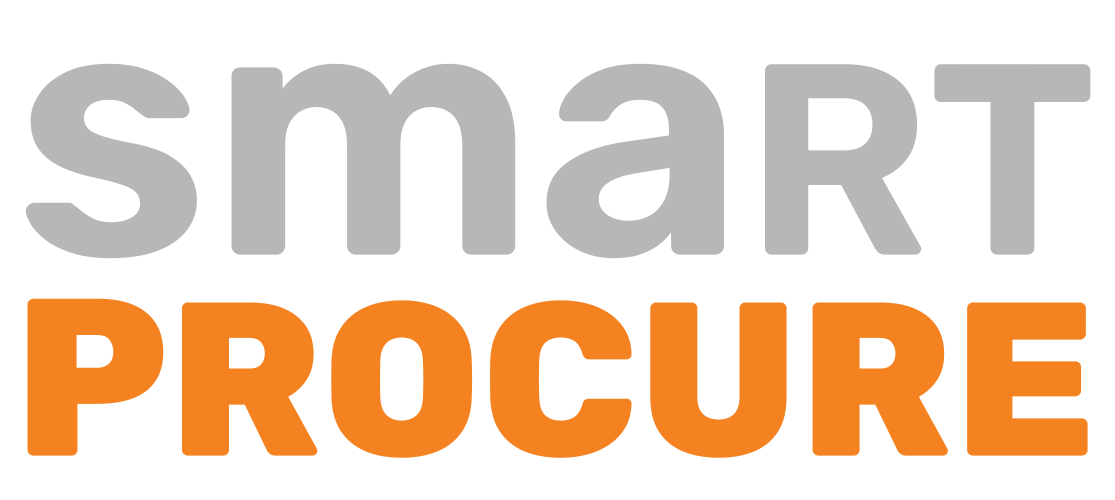Automating purchasing offers solutions that improve the procurement process and the payment process. The margin of error in financial and data-based operations is minimized.
One of the most important procurement tips is to automate purchasing operations. Technological solutions such as fintech (i.e. Financial Technology) have arrived for purchasing professionals to focus on more strategic tasks and waste their time.
Such services automate many jobs in businesses. However, some businesses continue to pay for their goods and services through checks. The use of checks is due to the familiarity and the way this process works. In fact, checks are costly and inefficient, even if they have a working system. And mistakes are inevitable. Therefore, it is necessary to create a new atmosphere and a more efficient workplace for purchases.
Purchases utilize technology or tools that automate actions to perform activities such as a payment process or procurement process. These automations streamline processes and reduce errors and save. You could spend significant company success-boosting expenses such as developing sourcing strategies for critical purchases and managing performance of key suppliers.

In the 1990s, the purchase-to-pay/P2P systems were introduced, allowing buyers to order goods and services and companies to pay computer-using suppliers. Many companies also started deploying these systems from that period.
Data suggests that the annual income in automated systems is invested by more than $2 billion, including P in North America and 0 in Western Europe. Types of payment systems invested in: E-claims, catalog management and accounts payable invoice automation. At least one of these modules has been invested.
With the automatic purchase fee system, employees use the online catalogs to purchase goods and services from suppliers with whom the procurement negotiates price and other contract conditions, and the supplier is paid through these systems. For example: some systems meet buyers and suppliers with networks and market areas in which they can operate.
Some technology vendors also offer financing services to help suppliers make timely payments in case of extended payment terms or conditions. For example, the dynamic discount helps companies benefit from early payment discounts and save money. Some of these companies and those who provide financial services (e.g., those who purchase with credit cards) are either financial technology or "fintech" companies.
According to a recent Harvard Business Review article titled "The Rise of Fintech in Supply Chains", financial technology companies commented that "these are service tools developed to facilitate transactions between a company and its suppliers."

So what does this mean for buying?
Processes running on the network generate data. Fintech vehicles can then use AI and machine learning methods. It may also be used to help identify recurring errors in invoices. They can also help with fraud detection by stating differences in a money transfer address. Both of these tasks are almost impossible for a person to accomplish.
There are services offered by fintech companies. These services enable both the buyer and the supplier to improve working capital by enabling buyers to extend debt as well as speed up payment to the supplier. This brings benefits to both sides, including greater liquidity and less varied timing of payments.
To take advantage of the financial benefits of these new services, businesses—you—need to drop their paper checks. Procurement leaders and their colleagues in finance should work together to market research and assess suppliers, evaluate opportunities and risks.
They need to automate the payment process after purchase. Next, you can reduce the administrative power and the tools you need to deploy to correct and manage your billing errors and add real value to the company’s financial success.
Get the flexibility you need
Work with pleasure by automating your purchasing processes
If You Want Call First
